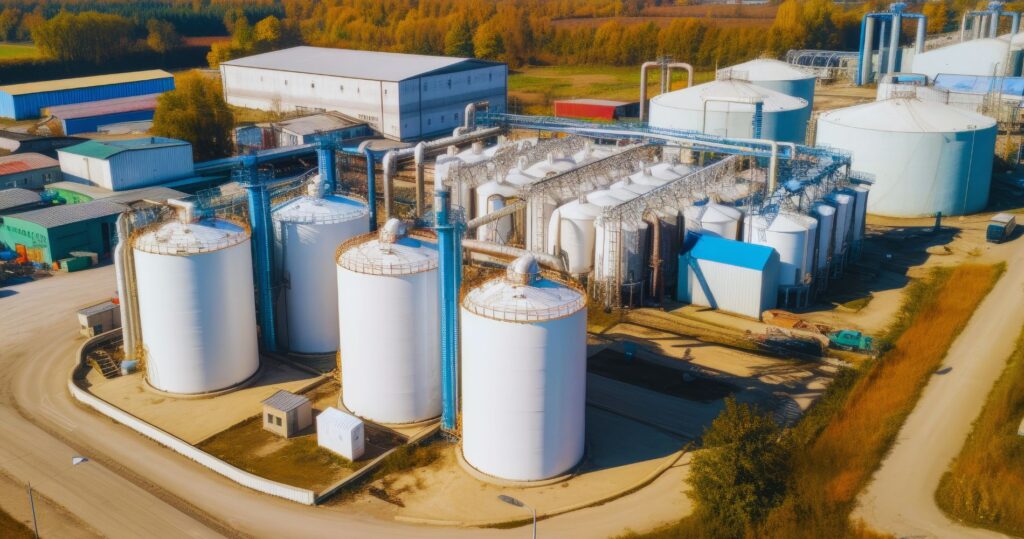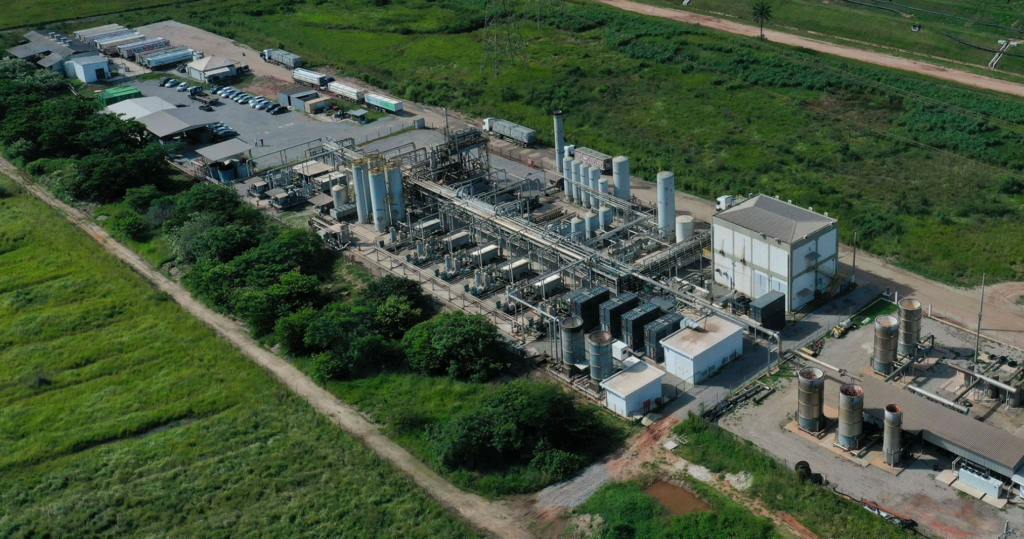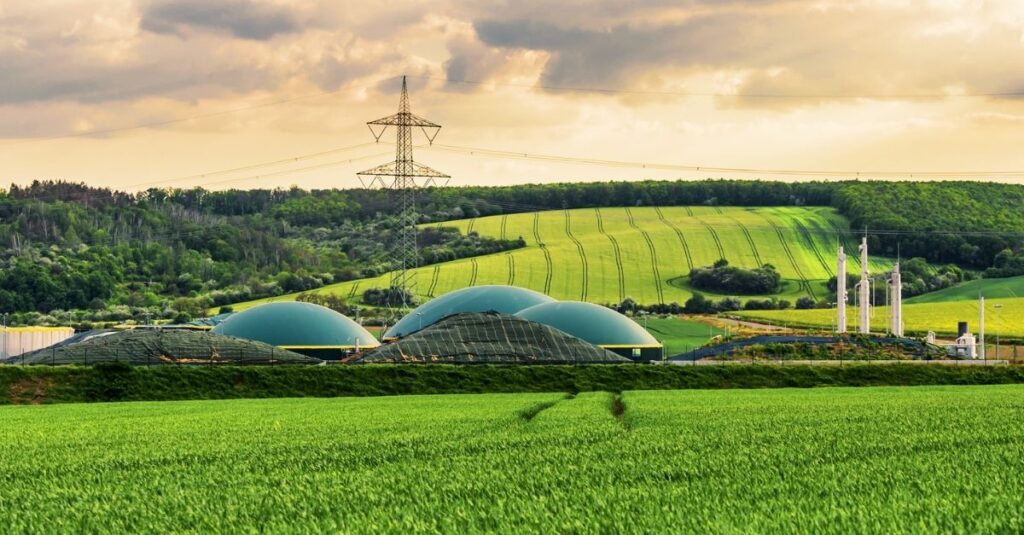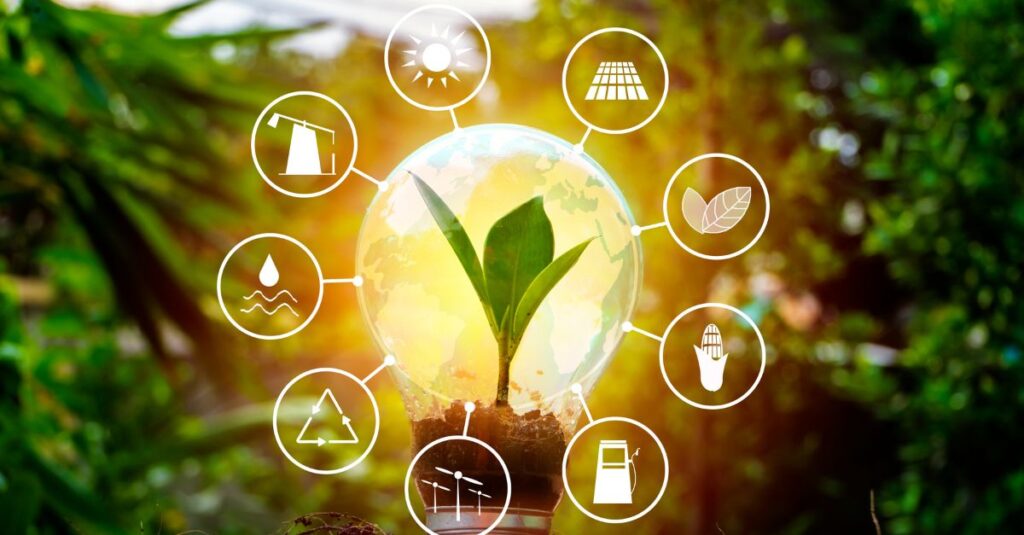The bioenergy industry in Brazil has grown significantly, representing almost 20% of the country's energy supply. With technological advances and government support, companies such as Grupo Urca Energia and Gás Verde are leading the way in biomethane production, contributing to a more sustainable future.
The Earth faces significant environmental challenges, from polluting the oceans to destroying forests. In response, the global community mobilized, resulting in the Paris Agreement in 2015 aimed at limiting global warming. COP 27 reinforced the urgency of climate action, highlighting the need for food security and cuts in gas emissions.
The transition to renewable energy sources is critical to combating climate change. In Brazil, biomethane is emerging as a green alternative to fossil fuels. Learn about the biogas industry, the growth potential and the benefits of biomethane as a vehicle fuel.
Brazil can achieve carbon neutrality by 2050 through investments in renewable energy, transport electrification, and green hydrogen, as well as public policies and regulatory frameworks that encourage the energy transition.
Biomethane, a renewable fuel derived from organic waste, offers significant potential for Brazil to diversify its energy matrix while providing economic, social, and environmental benefits. By leveraging agricultural waste and animal manure as resources, biomethane production can reduce greenhouse gas emissions, support rural development, and improve energy security.
In 2022, Brazil reached a record in the generation of electricity from renewable sources. Hydroelectric, wind, solar and biomass plants were responsible for 92% of the electricity produced in the country. In addition to being clean and inexhaustible, renewable sources are also more sustainable and help reduce greenhouse gas emissions. The transition to renewable energy is essential for decarbonization and reducing social impacts.







